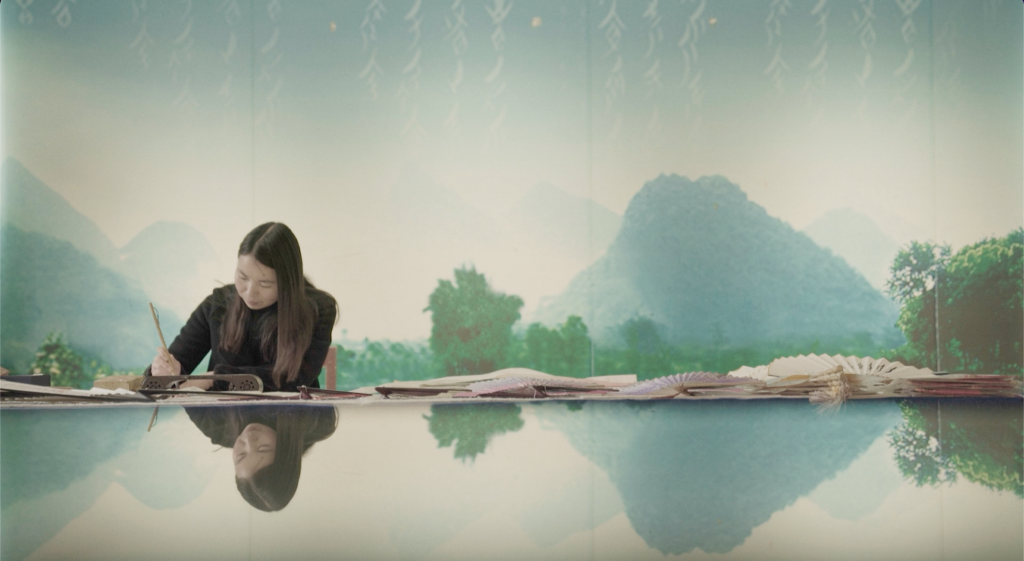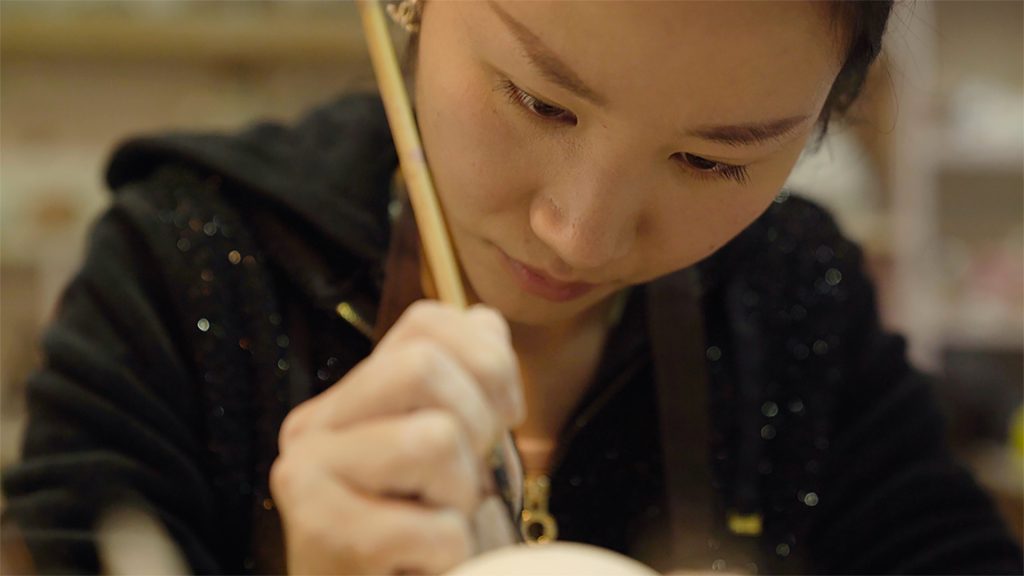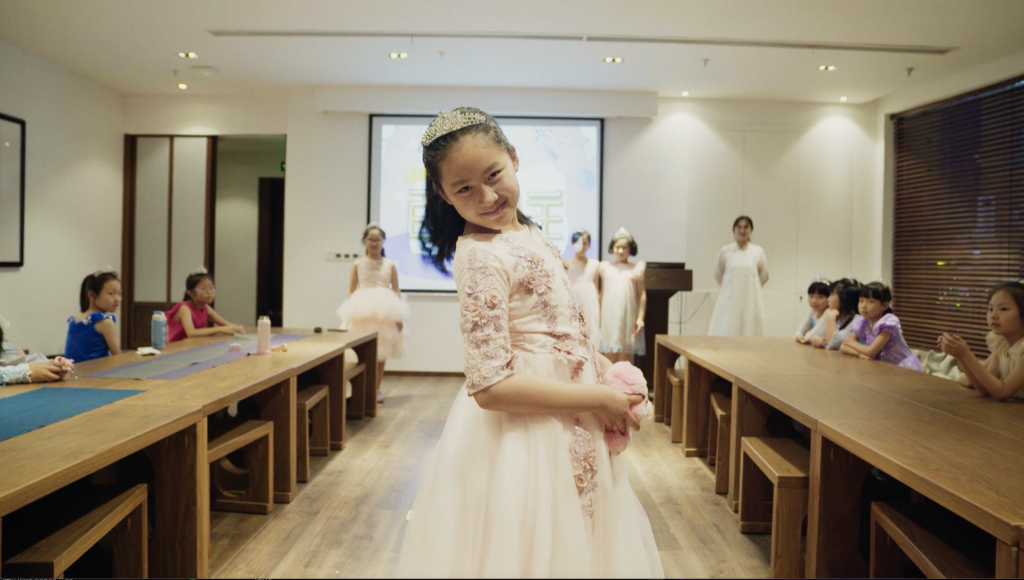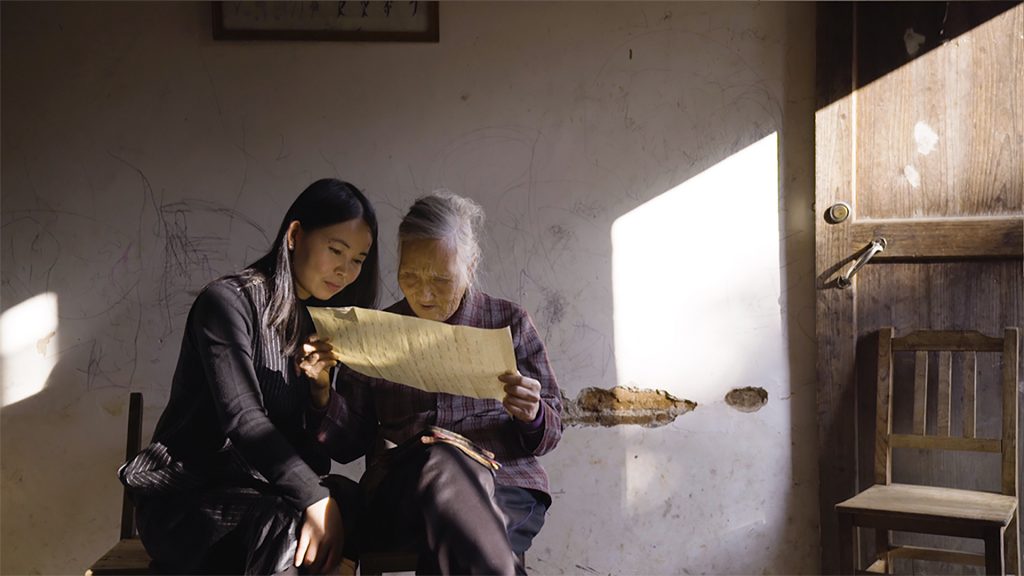Review: “Hidden Letters” shows how feminism survives a perpetual patriarchy
Review: "Hidden Letters" shows how feminism survives a perpetual patriarchy

In her work, The Sexual Contract, British feminist and political theorist Carole Pateman writes: “Women are not party to the original contract through which men transform their natural freedom into the security of civil freedom. Women are the subject of the contract.”
When the patriarchy rules the status quo, feminism remains in an awkward position. While women are told, or even pushed, encouraged to acquire liberty, the never changing social role of “mother” and “wife” tend not to be presented as choices.
Ancient China developed from a social structure, like many in the world, that offered women no choice. Throughout China’s history, society’s attitude toward women has remained unchanged despite the rises and falls of numerous dynasties.
With the century-long oppression, there were sparks of hope. To challenge patriarchal society and liberate their minds from physical confinement, central Chinese women created a script for communicating among sisterhoods privately. The texts were unintelligible for men but carried poems and songs among women with similar struggles, giving them hope through the era in which binding women’s feet into distortion was considered a beauty practice.
The script is called Nüshu. For generations, it has been carried on, documenting women’s relentless desire for self-empowerment since the days that prohibited them from being literate.
The documentary Hidden Letters, a debut of Violet Du Feng as a director, portrays Nüshu’s story in modern China through the scope of two millennial women, with their stories revolving around this almost mystical language.
The stories of the two women, Hu Xin and Simu, started with a seeming dichotomy. Hu Xin, a tour guide and educator in the Nüshu museum, is bounded by rural China, where girl remains signs of weaknesses for families. Simu, a soprano in Shanghai, intrigued by Nüshu’s beauty and history, enjoys a liberated environment encouraging women to pursue their aspirations.

While gender equality is seemingly accepted differently in developed and underdeveloped China, the film reveals the similar misogyny of both worlds through recording nuances women in both worlds are forced to tolerate. In their most comfortable state, men as complete strangers visiting the Nüshu museum would approach Hu Xin with verbal flirtation without a sense of boundary.
In the lavish ballrooms of the Chinese metropolis, powerful male officials chant and celebrate Nüshu’s global recognition as a cultural heritage while enjoying calligraphic performances given by Simu, gazing at her as a mere performer.
It helps that Ms. Feng’s extraordinary mutual trust with the two main characters. The film allowed us to observe how women bear tragic domestic relations: this most intimate power dynamic chained women’s liberty throughout history. Hu Xin, married to a fellow villager during her job at the Nüshu museum, was later forced into abortion for carrying a girl. Although having divorced her husband, Hu Xin struggles to forgive herself.
“I felt like a failure of a woman,” Hu Xin said, blaming herself for not fitting into the role of motherhood designated by her husband and surrounding.
Simu, living in Shanghai, a metropolis supposed to inspire freedom of choices, found herself in a similar social dogma. While her fiancé started with fascination towards Simu’s accomplishment in Nüshu calligraphy, a visit to his hometown revealed a series of “realism expectations” towards Simu’s future roles as a care-taking wife and an obedient daughter-in-law.

The two main characters’ personal stories revolve around modern China’s bizarre society. As an increasingly capitalistic environment, China’s society distorts Nüshu’s meaning, and this is one of the issues the film tries to explore.
Nüshu was given numerous iterations in modern China. People awe its brilliance in a purpose-built museum at Jiangyang village, where the script originated; business people seek to package the “ancient cultural artifact” into elaborate marketing schemes; officials push it to boost China’s global cultural image.
In one case, Nüshu is also used to train young girls into “ladies,” alongside numerous other virtues promoting gentleness and obedience in a “Princess Camp,” ironically turning it into the new footbinding shoes restricting the liberty of the new generation of Chinese women. Among all its given meanings, Nüshu is no longer a symbol of female struggle.
The film has no hesitation in ridiculing how in a patriarchal society, men have the final say on what a feminist symbol should mean. Male cultural officials would perceive and define Nüshu’s essence as “obedience,” “acceptance” and “resilience.”
The patriarchal values also get internalized by women themselves. A young woman in a women’s support group would happily place herself in a subordinate place designated by social gender roles, expressing unease about perceiving Nüshu as a challenge to the status quo. Through the film, feminism’s future in a highly patriarchal society seems exceptionally bleak.

Hope, through scarce, still powers two characters, and women in a border sense, to endure. With most of the film filled with depicting people’s bizarre attempts to dissect, exploit and commercialize Nüshu, it still portrays a rare piece of undisturbed serenity through moments He Yanxin, the last traditionally trained Nüshu writer, passing along the monumental heritage to Hu Xin.
In these scenes, free from noises of overly commercialized modern China, Nüshu stays in its purest form: a script to connect the sisterhood and give them hope, which has been long absent in this perpetually patriarchal society.





